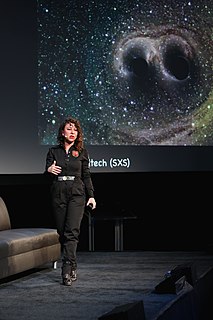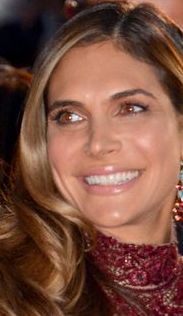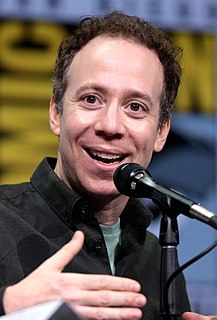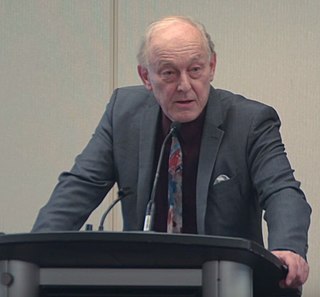A Quote by Fred Hoyle
I have little hesitation in saying that as a result a sickly pall now hangs over the big bang theory. As I have mentioned earlier, when a pattern of facts becomes set against a theory, experience shows that it rarely recovers.
Related Quotes
Modern thinking is that time did not start with the big bang, and that there was a multiverse even before the big bang. In the inflation theory, and in string theory, there were universes before our big bang, and that big bangs are happening all the time. Universes are formed when bubbles collide or fission into smaller bubles.
In the popular mind, if Hoyle is remembered it is as the prime mover of the discredited Steady State theory of the universe. "Everybody knows" that the rival Big Bang theory won the battle of the cosmologies, but few (not even astronomers) appreciate that the mathematical formalism of the now-favoured version of Big Bang, called inflation, is identical to Hoyle's version of the Steady State model.
In general, inquiry ceases when we adopt a theory. After that, we overlook whatever makes against it, and see and think, and talk and write, only in its favor. Indeed, when we have a snug, comfortable theory, to which we are much attached, they appear to us as a very mean set of facts that will not square with it.
Dilbert: It took weeks but I've calculated a new theory about the origin of the universe. According to my calculations it didn't start with a "Big Bang" at all-it was more of "Phhbwt" sound. You may be wondering about the practical applications of the "Little Phhbwt" theory. Dogbert: I was wondering when you'll go away.
No theory ever agrees with all the facts in its domain, yet it is not always the theory that is to blame. Facts are constituted by older ideologies, and a clash between facts and theories may be proof of progress. It is also a first step in our attempt to find the principles implicit in familiar observational notions.


































